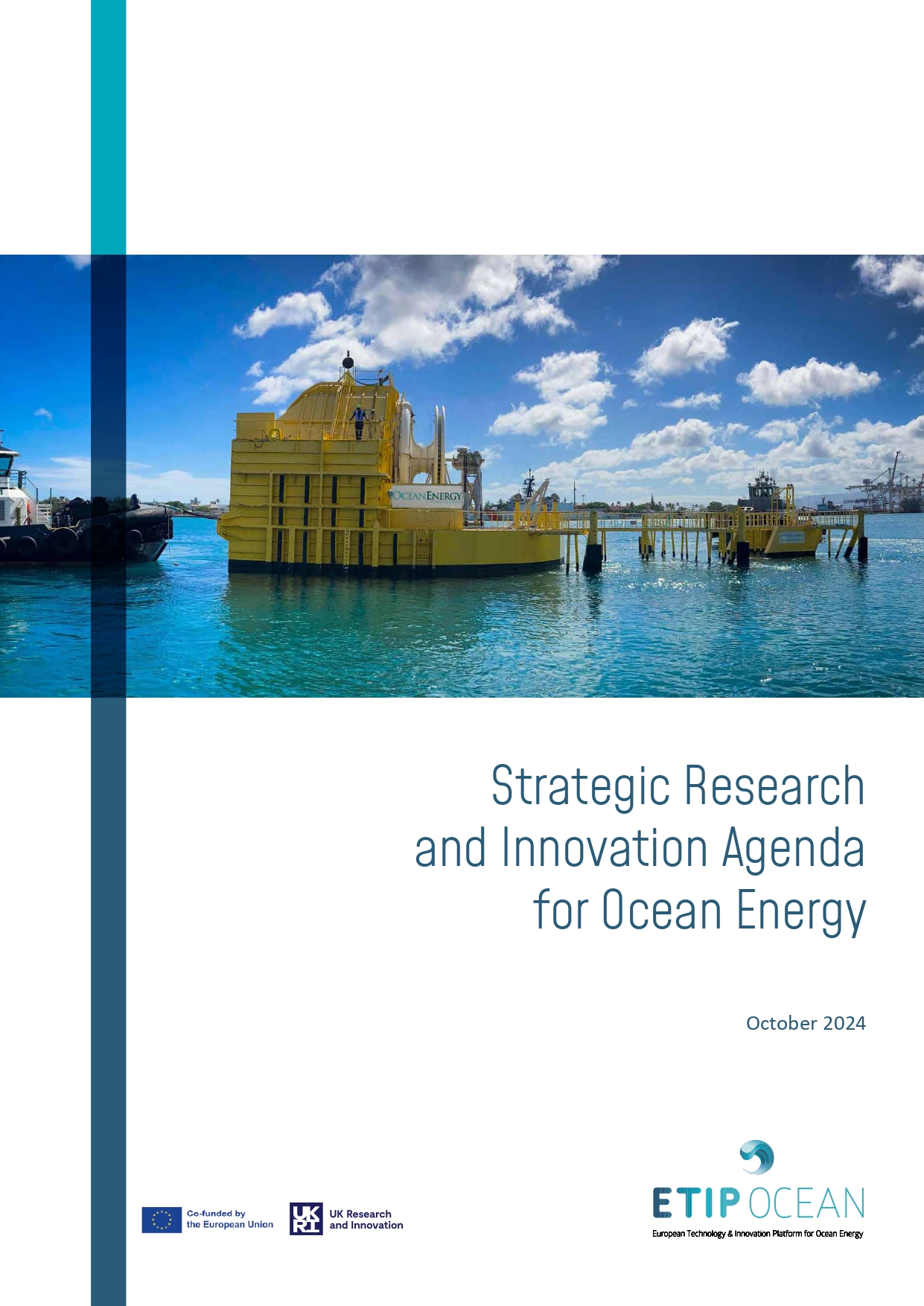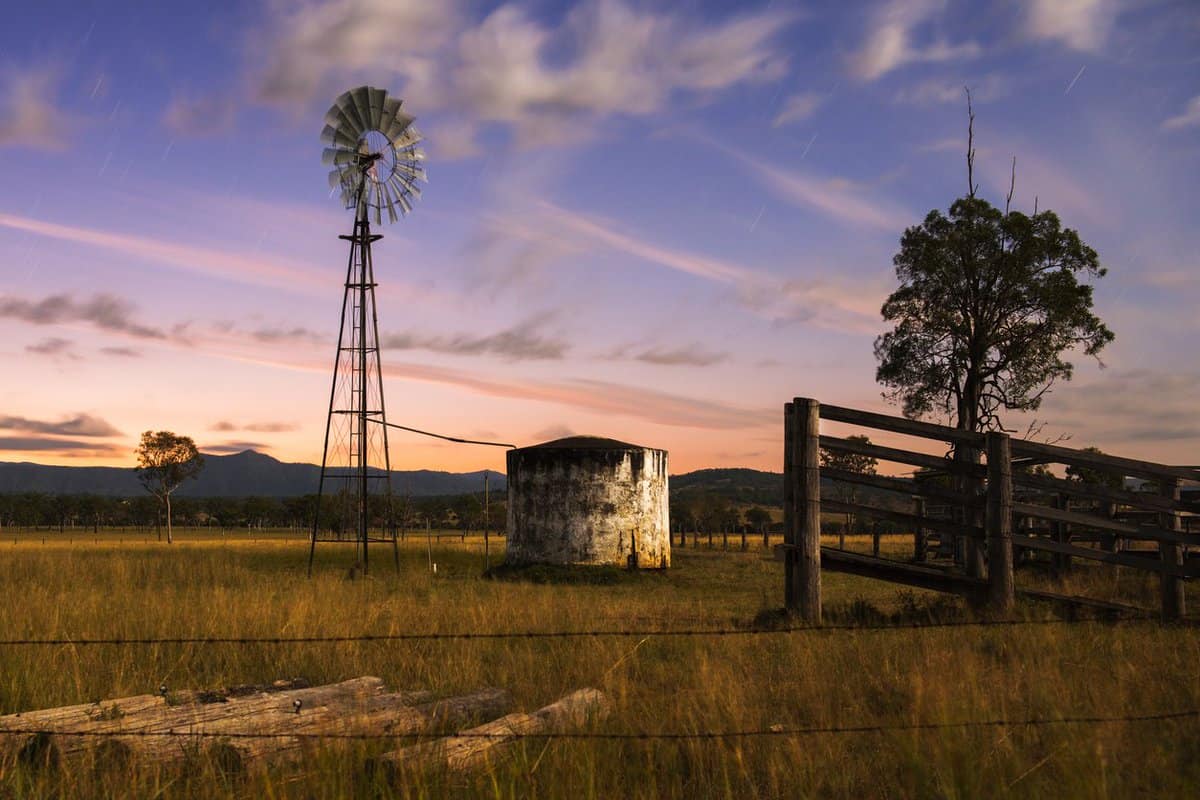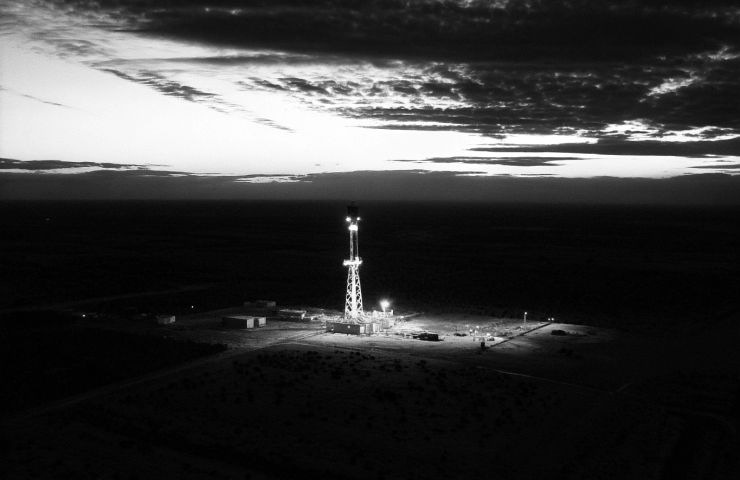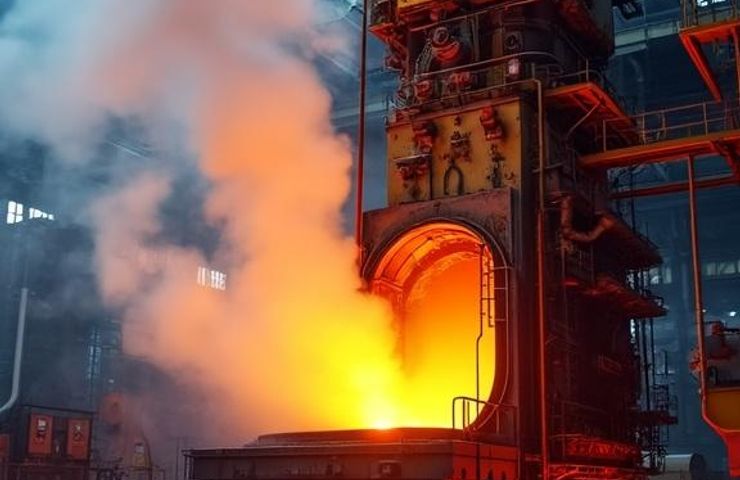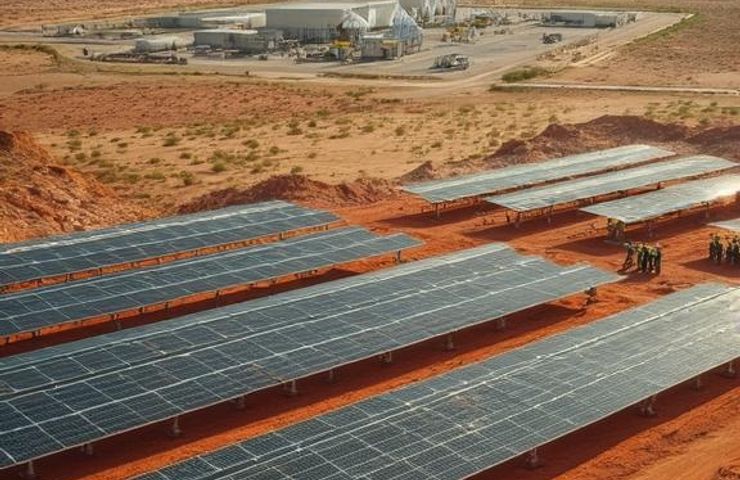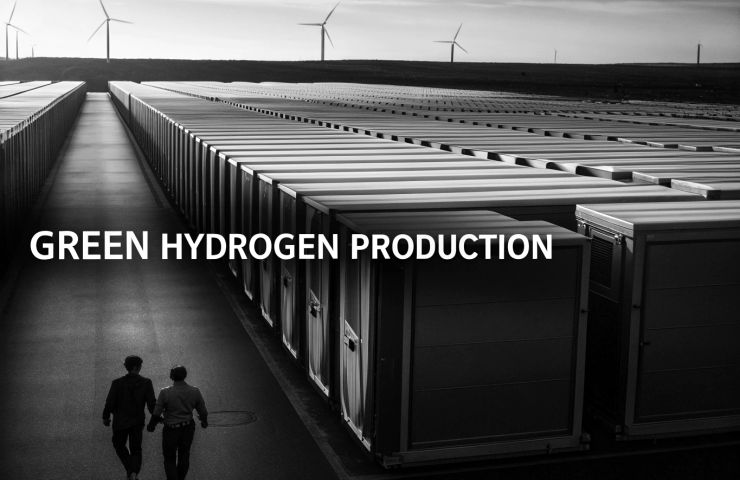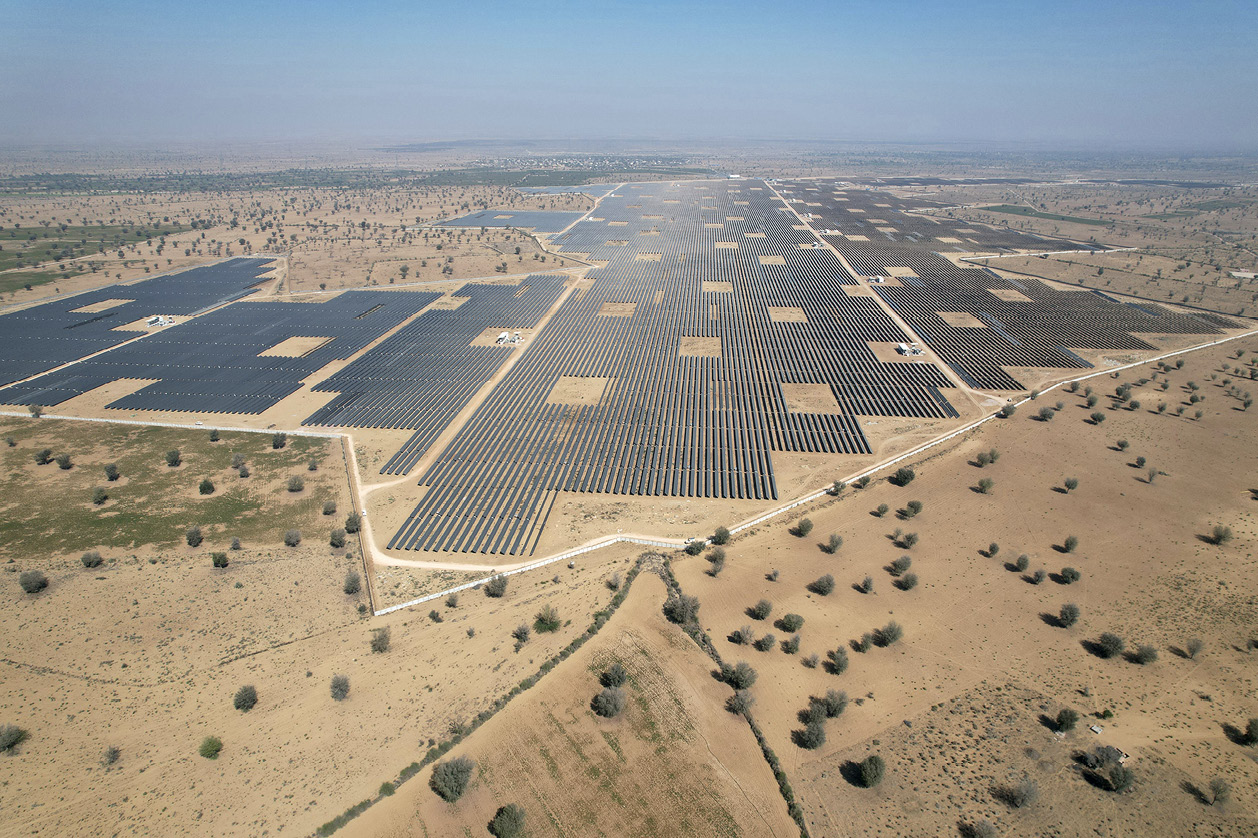Circularity Fuels demo’s raw biogas-to-syngas
In the United States (US), biogas-to-syngas technology startup Circularity Fuels has announced it has successfully converted biogas from a California Central Valley dairy farm into synthesis gas (syngas), a key precursor to sustainable aviation fuel (SAF), using a novel proprietary compact electric processing unit, at one-hundredth the cost of conventional steam methane or autothermal reformers.
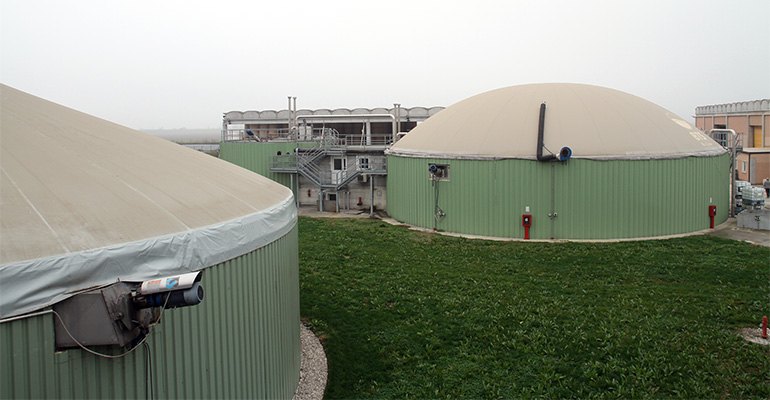
Founded by former US Air Force Petroleum Office Deployed Lab Chief Dr Stephen Beaton, Circularity Fuels emerged from DCVC’s entrepreneur-in-residence program.
Its proprietary Ouro Reactor, based on modified automotive catalytic converter technology, achieves methane reforming at a fraction of the cost and scale of traditional industrial equipment.
The company has secured US$8 million in seed funding and grants from VC firms, the National Science Foundation, California Energy Commission (CEC), among others.
Successful demonstration
Circularity Fuels has announced that its proprietary, electric-powered Ouro Reactor successfully processed raw biogas from a working dairy farm’s covered lagoon digester, converting methane (CH4) and carbon dioxide (CO2) that would typically be flared or vented into valuable fuel components.
The syngas produced by the Ouro Reactor can be converted into jet fuel using Fischer-Tropsch synthesis, a proven industrial process that transforms carbon monoxide and hydrogen into liquid hydrocarbons.
The demonstration – the first to electrically reform farm raw biogas from a lagoon digester into a jet-fuel precursor without combustion – validates several critical innovations.
The Ouro Reactor operates on standard electrical connections, uses industrially proven catalysts, and processes raw biogas without expensive pre-treatment.
Importantly, it maintains stable operation despite the contaminants typically found in agricultural biogas that would damage conventional reformers.
Unlike traditional gas-fired reformers, which cost millions and require massive infrastructure, the Ouro Reactor utilizes modified automotive-industry components to achieve the same result at a fraction of the size and cost.
Farmers in the United States and around the world are sitting on an untapped goldmine. We’re giving them the ability to turn waste into a profitable product that airlines desperately need, said Dr Stephen Beaton, CEO and Founder of Circularity Fuels.
Meeting aviation’s urgent demand
According to the company, the successful demonstration marks a major step toward transforming the economics of renewable fuel production, one that it believes will help airlines meet mandates for sustainable fuel alternatives while unlocking billions of dollars in new revenue streams for farmers.
America’s 20,000+ large livestock operations generate nearly a trillion pounds of manure each year, yet fewer than 6 percent of them capture the biogas that is produced as the waste decomposes.
The milestone comes as airlines face increasing mandates to incorporate SAF into their fuel mix, with current production meeting less than 1 percent of demand.
The lack of access to natural gas pipelines has prevented most agricultural biogas from being converted into renewable fuels.
Circularity’s Ouro Reactor helps solve this problem by slashing reforming costs from millions to tens of thousands of dollars, making the technology affordable enough to deploy directly at large farms.
When paired with scaled-down Fischer-Tropsch systems, these distributed units can produce liquid fuel on-site that can be transported by truck or rail, eliminating the need for pipeline infrastructure.
For the first time, farmers will become renewable fuel producers without waiting for pipeline infrastructure that will never come. The liquid fuel can be trucked out using existing transportation networks, making energy production as straightforward as any other farm output, Dr Stephen Beaton said.
If deployed across all viable waste sites in the US – including farms, landfills, and wastewater treatment plants – biogas-to-SAF technology could produce 42 million gallons per day, meeting 70 percent of the nation’s jet fuel demand.
The company plans to demonstrate complete biogas-to-SAF production later this year at a California farm, with commercial deployment targeted for 2026 across farms in California and beyond.
What's Your Reaction?














